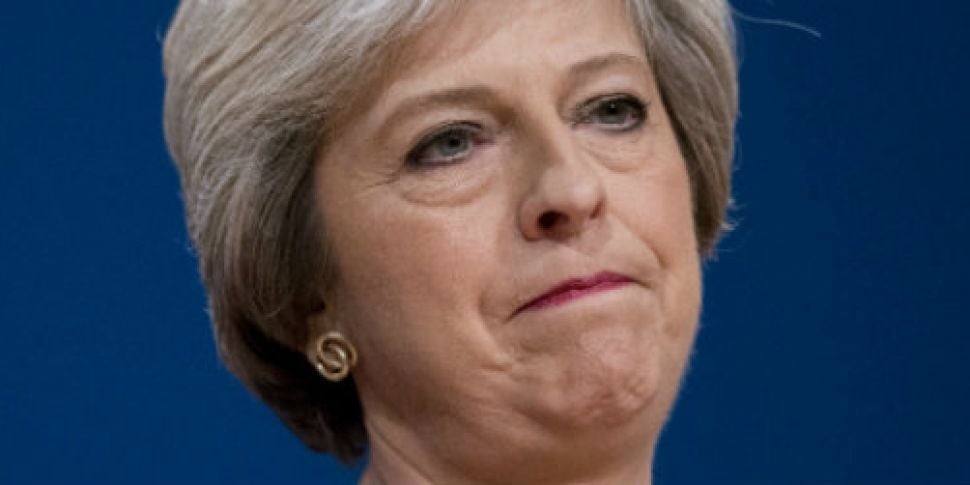The British Prime Minister does not have the legal power to trigger Article 50 and start the Brexit process, the British High Court has been told.
Lawyers have made their opening remarks as part of a 'landmark' case aiming to stop Prime Minister, Theresa May from independently triggering the Brexit process.
The three-day hearing will see a group of British citizens argue that only parliament – and not the Prime Minister - can give notice of withdrawal.
They will also argue that the result of June’s Brexit referendum is not legally binding.
The case, which will be heard over the next three days, is being brought by investment fund manager Gina Miller:
Kicking off proceedings, lawyers acting for the group accused Mrs May of attempting to kick-start proceedings unlawfully using ancient executive powers which for centuries were vested in the British monarchy.
Barrister, David Pannick QC told three judges in a packed courtroom that the case "raises an issue of fundamental constitutional importance concerning the limits of the power of the Executive."
He said it was for Parliament to decide whether or not to maintain statutory rights established by the European Communities Act 1972, which made EU law a part of UK law.
He also rejected suggestions the legal challenge was "merely camouflage" for those who wanted to remain within the EU.
The case will pitch some of the finest legal minds in Britain against each other.
The Attorney General for England and Wales, Jeremy Wright QC will take up the case for the British government arguing that the result of the referendum has to be respected.
Mr Wright will argue that “royal prerogative” means no parliamentary vote or act is needed before triggering the Brexit process.
Should judges eventually decide that there must be a vote in Parliament, the possibility of MPs defying the result of the referendum will be raised.
The majority of MPs campaigned to stay in the EU and they could vote to block the start of the process.
Conservative MP Bernard Jenkin, said there are “great many people” involved in the case who aim to block Brexit or “maintain a half in, half out solution.”
"I think they want to protract the agony and uncertainty when in fact what business wants is certainty and a clear direction. I think that is why the Government is resisting it," he said.









